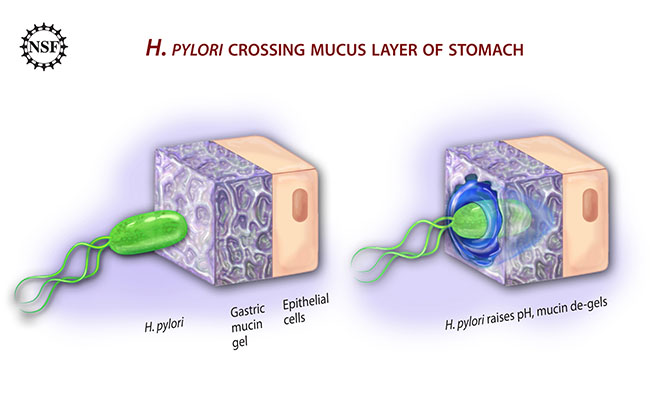 It is estimated that 25% of the population have prediabetes and that nearly 500,000 New Zealanders will have type 2 diabetes mellitus (T2DM) by 2021, with a likely cost of $1 billion a year to the country. Studies have also shown that there is an association between T2DM and gastric carriage of Helicobacter pylori and that H. pylori might negatively affect T2DM control.
It is estimated that 25% of the population have prediabetes and that nearly 500,000 New Zealanders will have type 2 diabetes mellitus (T2DM) by 2021, with a likely cost of $1 billion a year to the country. Studies have also shown that there is an association between T2DM and gastric carriage of Helicobacter pylori and that H. pylori might negatively affect T2DM control.
In NZ, The highest rates of both prediabetes and diabetes are seen in Pacific, Indian and Maori individuals. In addition, Pacific peoples and Maori have much higher rates of H. pylori than Europeans. If screening for and treating H. pylori in these populations could improve outcomes from T2DM and prediabetes, this would have important health implications.
We aim to identify whether patients with prediabetes and T2DM, who are colonised with H. pylori, benefit from H. pylori eradication therapy. We are also investigating the potential mechanisms for this interaction, including its effect on the faecal microbiome, and the relative benefit in different ethnicities.

This research is assisted by funding from the Health Research Council of New Zealand.